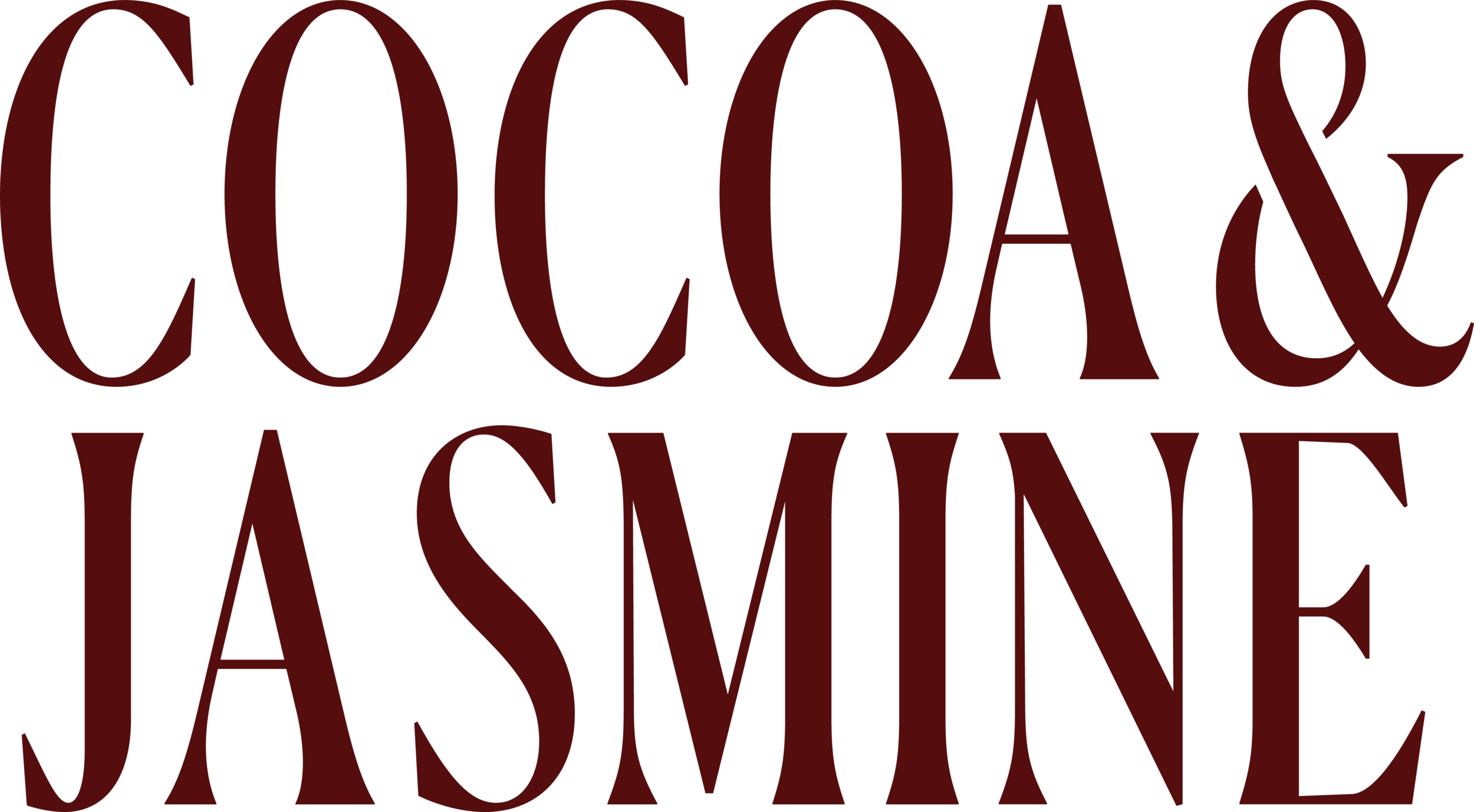Handworked Eri Silk from Assam
Handwork Studio operates at the intersection of craft, commerce, research and design, mobilizing high levels of skill and tradition to sustain local communities while recontextualizing traditional techniques within a contemporary design aesthetic.
One of our most exciting collaborations is currently underway in Assam, India, where we are working with the innovative 7Weaves, a community and ecologically focused bioregional silk initiative. 7Weaves works with forest-dependent Rabha communities within the richly bio-diverse Loharghat mountain range at the foot of the Garo hills. The Rabha people have long lived in harmony with their natural surroundings; they see and experience the forest itself as a living deity, they depend upon it and strive to live in balance with it. Drawing their livelihood from the land, they see it as a living force representing a cultural storehouse of knowledge. It is within this context that the deep traditional knowledge of silk rearing, natural dyeing and hand weaving is carried forward. The 7Weaves model focuses on fair economic return through salaried work and profit redistribution and is built around ecologically balanced production, from the rearing of the cocoons through the processing, spinning, dyeing and weaving of the luxury Eri silk fabric, creating a fully transparent supply chain.
Working throughout the lush and humid Loharghat range near the banks of the Brahmaputra River, 7Weaves is connecting local traditions of Eri hand weaving with the international Slow Fashion movement. 7Weaves provides a new opportunity for the international conscious fashion industry, whereby fashion can be environmentally sustainable, fairly produced, traceable and created in harmony with the cultures and the delicate ecology of this rare and rich bio-diversity hotspot.
In Handwork Studio’s practice within craft communities, we often focus on local materials that form part of an interrelated system of regional agriculture and craft. At 7Weaves, Eri silk production is part of an integrated system of agro-forestry and textile production. The communities practice zero-waste methodologies, as they have for generations, and integrate forest management and inter-cropping methods into an environmentally and socially sustainable system of production. Eri silk is not widely known outside of India, but it is a unique fibre, with a hand and drape more like a good quality linen than a mulberry silk. The fibre is lofty and strong; it can be spun to be very fine, or as a thicker, more textured thread. It dyes beautifully, and when dyed with natural dyes, results in a completely sustainable fabric.
The entire cycle of production is carried out within local communities. Silk worms are reared throughout the forest region, with farm families raising the castor plants that sustain the worms through the cocoon production phase. It takes around 45 days for the silk worm to feed and produce its open-ended cocoon, after which the moth emerges, leaving the cocoon behind to be boiled, spun and processed into fibre. Silk rearing provides important income for rural forest-dependent communities, and especially for women who are the main participants in this production.
Assam is rich in a wide variety of plant life, with many edible, medicinal and flowering species found in the forests, and at least 30 different regional dye-yielding plants that are used as natural dyes. Traditional dyestuffs such as madder, lac, myrobalan and iron vinegar are all used, as well as regional dye plants, such as the Himalayan rhododendron and teak leaves. 7Weaves has also reintroduced the growing of Assamese indigo using mosaic planting within the forest, thus providing another valuable agro-forestry product as part of a network of sustainable local production.
Weaving, along with rice planting, is seen as an essential skill for Assamese women; every household has a loom and every woman is a weaver. At 7Weaves, the weavers work on frame looms in small weaving centres scattered throughout the forest villages. This means they are within walking distance of their homes and fields, and family members can drop into the centre, so weaving remains integrated into daily life. The women are engaged participants in the making of the fabric, developing and refining their knowledge of natural dyeing and hand weaving. They feel invested in the outcome, and they participate and innovate within their areas of specialization.
In collaboration with the artisans, and based on vernacular techniques and processes, Handwork Studio has developed a new textile range and fashion collection to be shown at Berlin’s Sustainable Fashion Week in the summer of 2019. The weavers welcome new input and ideas, and were excited to work on a project that would see their weaving valued and shown on an international stage. They are also looking forward to participating in the Threads of India Textile Exhibition in Melbourne, Australia, under the auspices of Artisans of Fashion.
7Weaves is proposing a values-based production system: creating Eri silk textiles based on long-term sustainability that benefits the artisans, supports the ecology of the region, and works in balance with natural resources from forest and farm. Every piece of cloth produced helps restore the rich biodiversity of the area, maintaining cultural traditions and contributing to a sustainable economy that is built around traditional knowledge, ecological conservation and regrowth.
Follow Handwork Studio and 7 weaves .
























